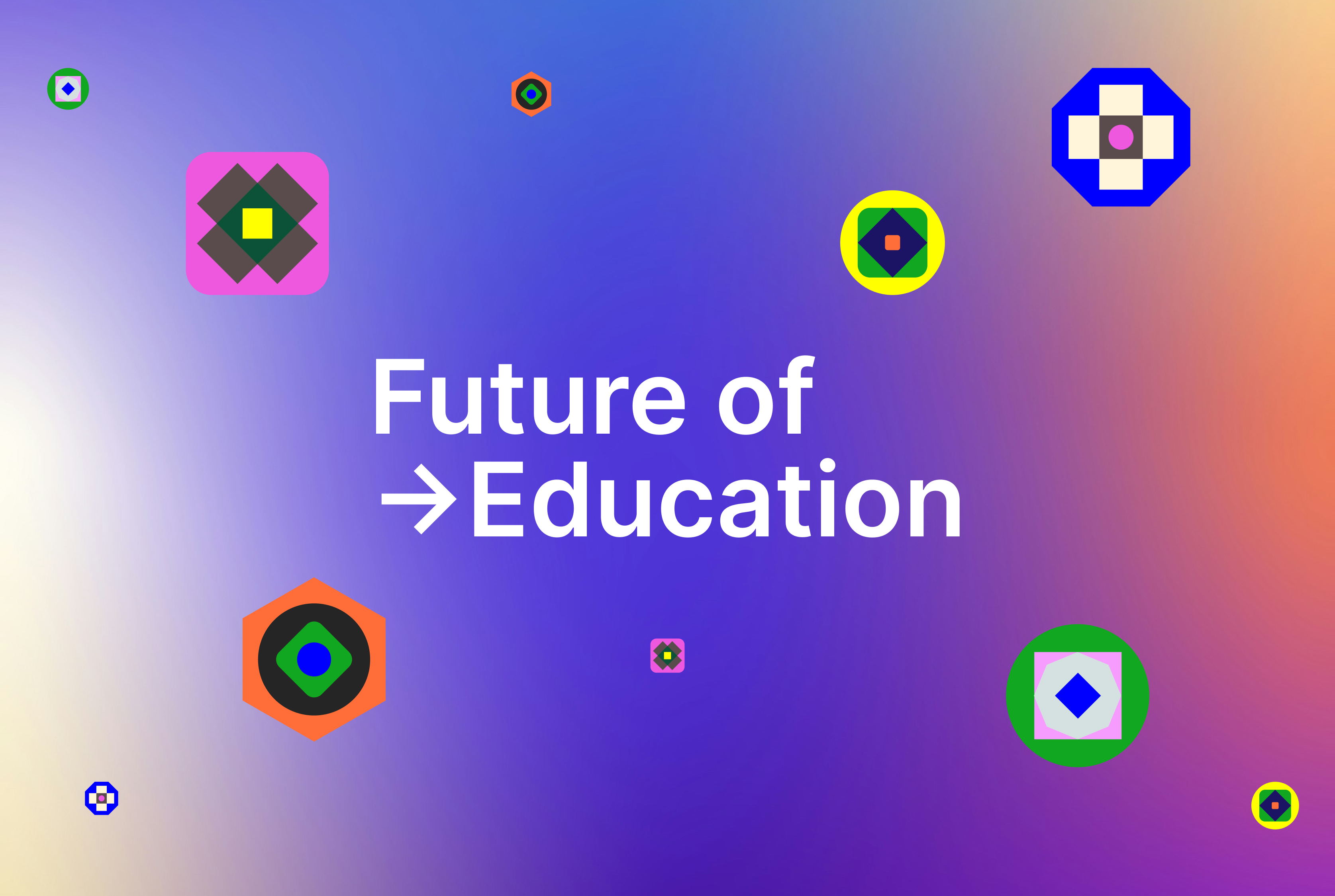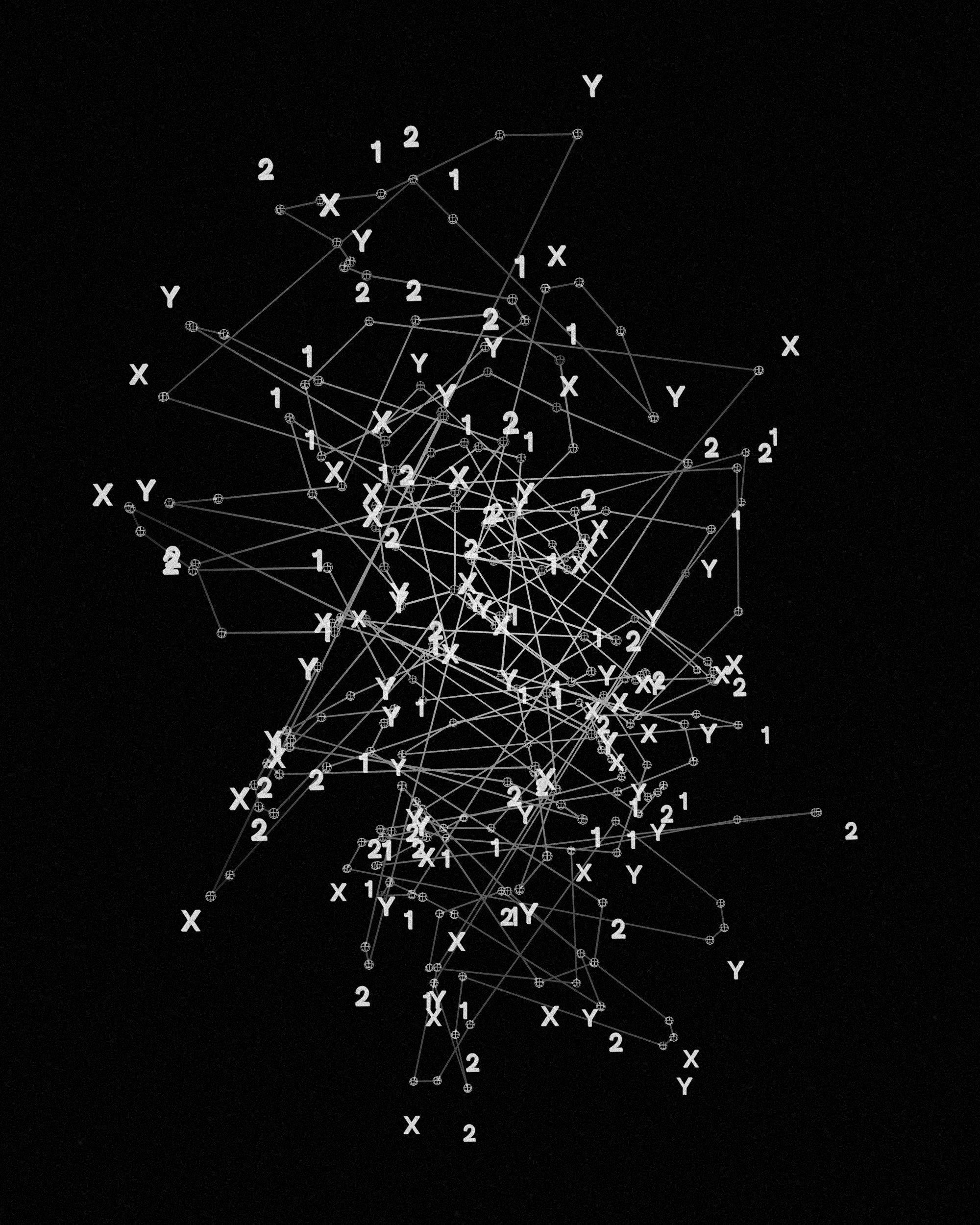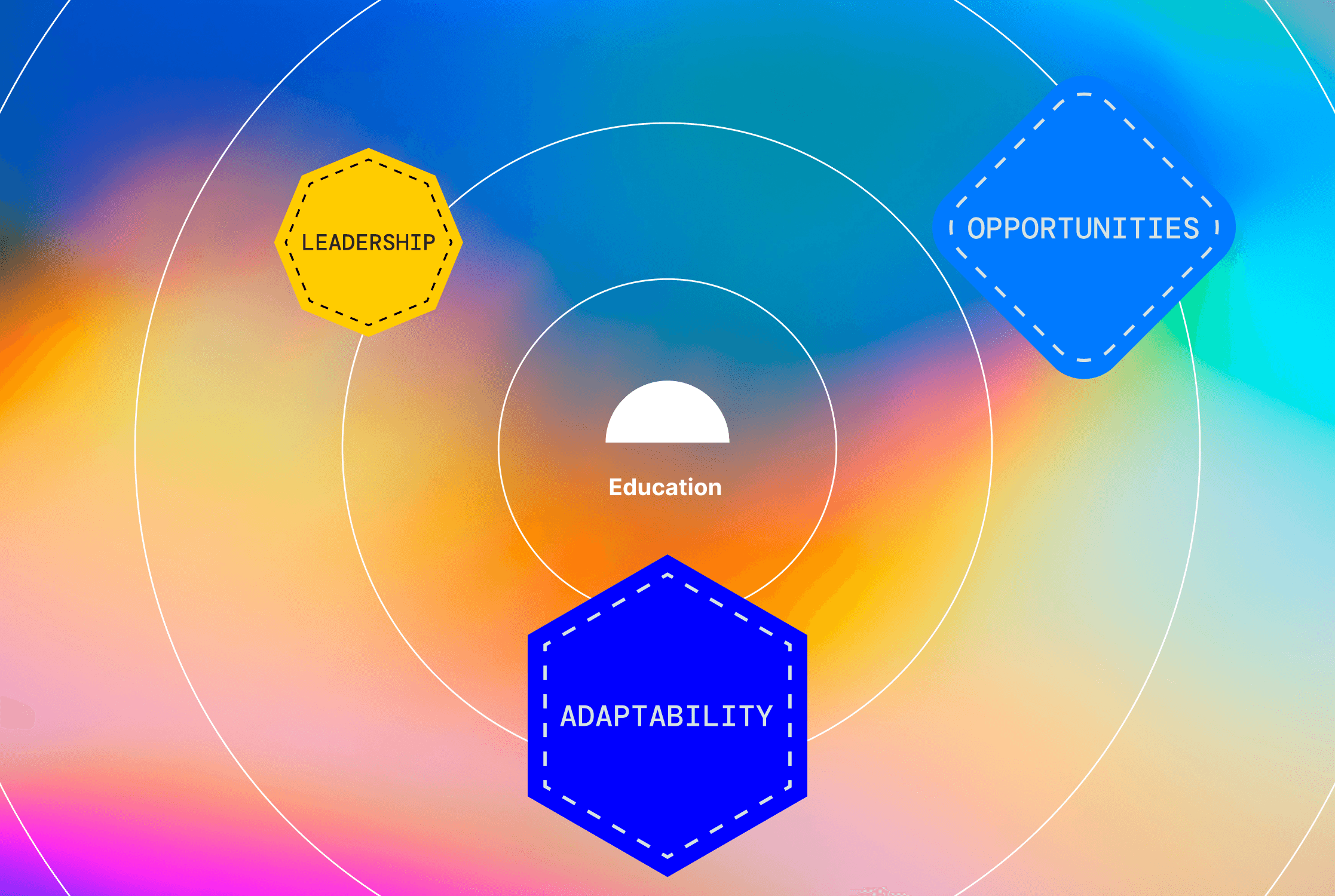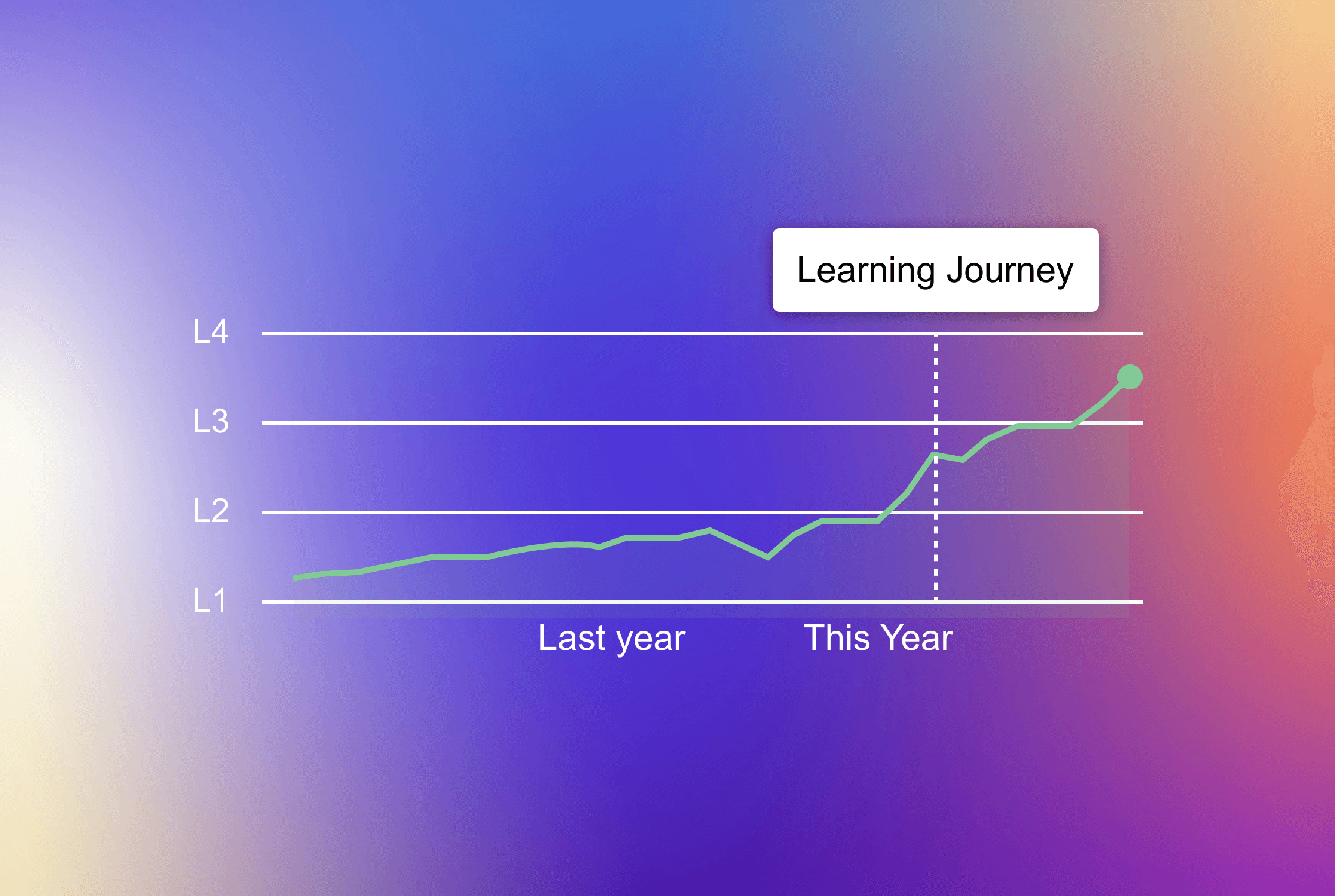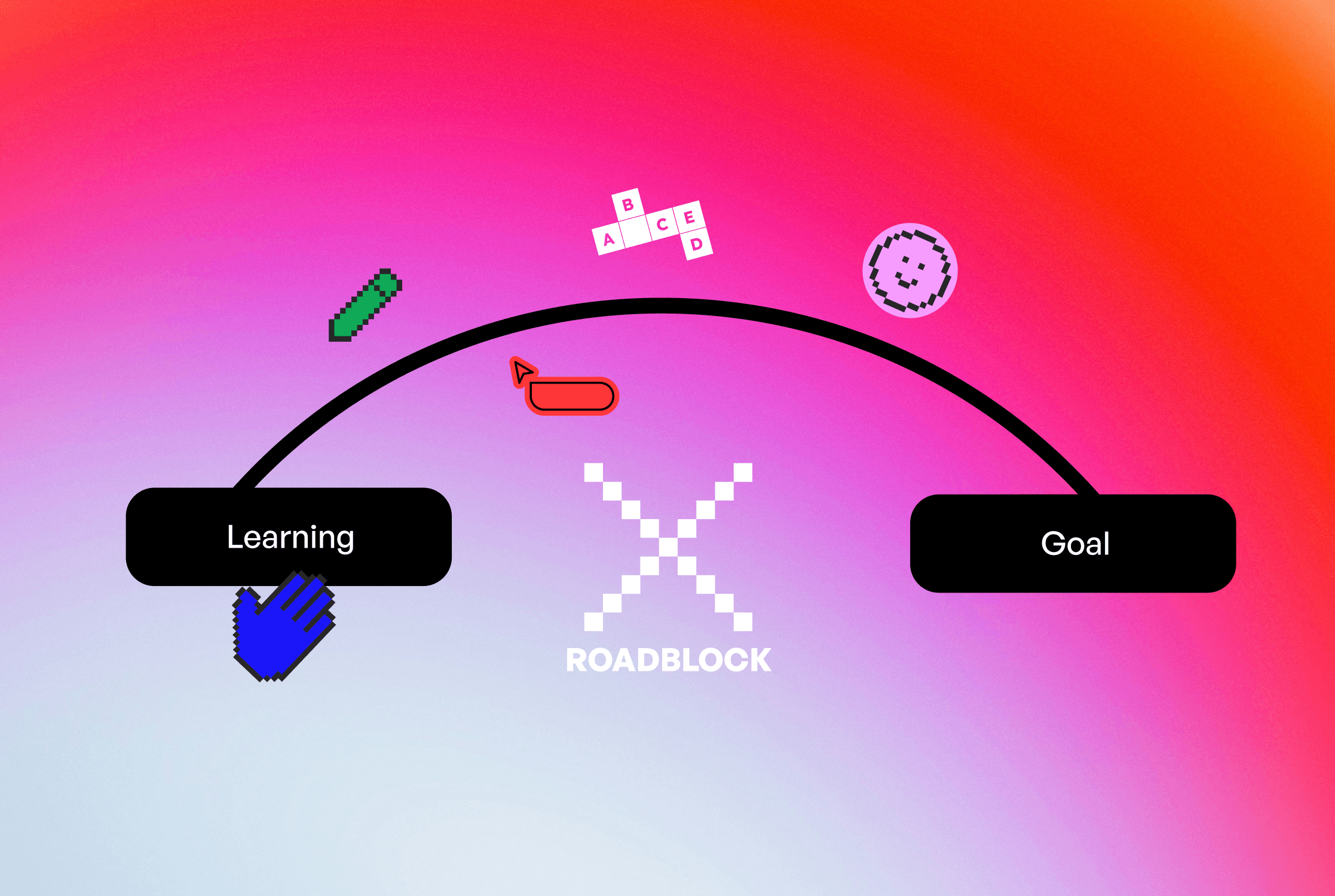The Future of Education is Personal
The landscape of education is shifting away from the traditional one-size-fits-all model towards a more personalized and student-centric approach. This change is driven by advancements in Artificial Intelligence (AI) and the increasing interconnectedness brought about by globalization. The future of education is personal, promising unparalleled benefits for learners, educators, and society as a whole.
Harnessing the Power of Artificial Intelligence
AI is leading this educational revolution. Its ability to analyze vast amounts of data and provide insights allows for a level of customization previously unimaginable. Personalized learning platforms, powered by AI, adapt to each student's unique needs, learning pace, and preferences. These platforms offer tailored content and real-time feedback, enabling students to master subjects at their own pace and in their preferred style.
AI-driven adaptive learning systems identify areas where a student struggles and offer additional resources or alternative explanations. This targeted intervention enhances understanding, boosts confidence, and motivation. AI also assists educators by automating administrative tasks, allowing them to focus more on personalized instruction and mentorship.
The Impact of Globalization
Globalization has expanded the horizons of education, making it possible for students to access diverse resources and perspectives from around the world. Virtual classrooms and online courses break down geographical barriers, offering students the opportunity to learn from international experts and collaborate with peers globally. This exposure fosters a deeper understanding of different cultures, languages, and viewpoints, preparing students for a globalized workforce.
The exchange of best practices and innovative teaching methods across borders enriches educational strategies. Educators can now draw on a rich tapestry of global knowledge to enhance their teaching, ensuring that students receive a well-rounded and comprehensive education.
The Role of Traditional Schooling
While the personalized approach heralds a new era in education, the value of traditional schooling endures. Schools provide a structured environment where students learn essential social skills, teamwork, and discipline. The conventional classroom setting fosters a sense of community and belonging, crucial for emotional and psychological development.
However, not all students thrive in a standardized environment where teaching methods and curricula are uniform. This is where personalization becomes essential. By integrating personalized learning within the traditional framework, a hybrid model leverages the strengths of both approaches.
Striking the Balance
A hybrid educational model that combines the benefits of personalized learning with the foundational elements of traditional schooling offers the best of both worlds. Schools can use AI to provide customized learning experiences while maintaining the social and communal aspects of in-person education. This approach ensures that all students receive the support they need to excel academically and develop holistically.
Social-Emotional Learning and Parental Involvement
Personalized education also allows for better attention to social-emotional learning (SEL). By understanding each student's emotional and social needs, educators can tailor interventions that support overall well-being. Additionally, AI can facilitate improved communication between parents and educators, enabling parents to be more involved in their child's education and fostering a supportive learning environment at home.
Lifelong Learning and Future Skills
Fostering a love for lifelong learning is another significant advantage of personalized education. By allowing students to explore their interests deeply and at their own pace, personalized learning instills a passion for learning that extends beyond the classroom. Moreover, this approach supports the development of future-ready skills such as critical thinking, creativity, and adaptability, which are essential in an ever-evolving world.
Addressing Equity and Accessibility
Personalized education has the potential to bridge gaps for underserved communities. By tailoring learning experiences to individual needs, it ensures that every student, regardless of their background, has access to quality education. This approach promotes equity and inclusivity, providing all students with the opportunity to succeed.
The Personal Future of Education
The future of education is undeniably personal. By harnessing the power of AI and leveraging the opportunities presented by globalization, we can create an educational landscape that is adaptive, inclusive, and empowering. Traditional schooling remains a vital component, but it is through the integration of personalized learning that we can truly meet the diverse needs of every student. Innovating and evolving towards this goal equips learners with the knowledge, skills, and confidence they need to succeed in the 21st century.
by
The BE Perspective
/
Share Article
Read more
